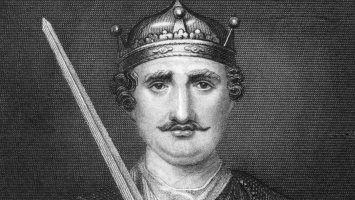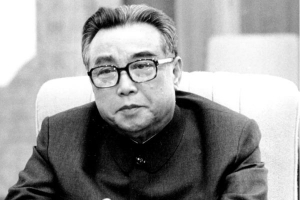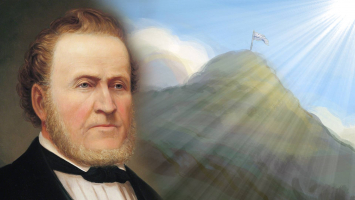Top 4 Interesting Facts about Saladin
Below Toplist would like to summarize interesting facts about Saladin. There have been many rulers throughout history who have accomplished outstanding ... read more...military exploits, but it is uncommon to discover someone who has fought several battles with little to no carnage. One of the greatest kings in history, Saladin did more to rule by kindness than through violence.
-
Following the initial conquest of Jerusalem, Richard the Lionheart, King of England, and other European leaders organized the Third Crusade against Saladin. Even though Saladin's army engaged in numerous conflicts with the Third Crusade, he nevertheless extended an olive branch to his adversaries when they were in need.
Saladin is thought to have sent Richard his own doctor, who helped him get through his illness. A legend reportedly developed that Saladin sent his warriors to King Richard to offer him new horses after the king's horse was killed on the battlefield so that Saladin wouldn't gain from the king's disadvantage and a level playing field would be maintained.
One of the interesting facts about Saladin, he is thought to have conquered people by gaining their hearts, and by acting modestly and fairly, he did this with King Richard. King Richard was delighted by this gesture, and even after defeating Saladin's army, he suggested a truce, which later resulted in the signing of a significant treaty between the two parties.
The agreement to place Jerusalem under Muslim administration came with the promise that Christians would have safe passage during their holy journeys. Following this, the relationship between the rulers improved.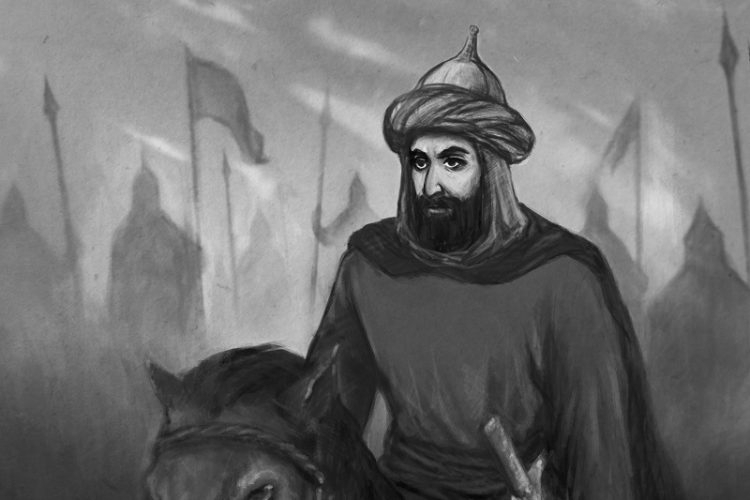
Photo: Byzantine Emporia - Saladin 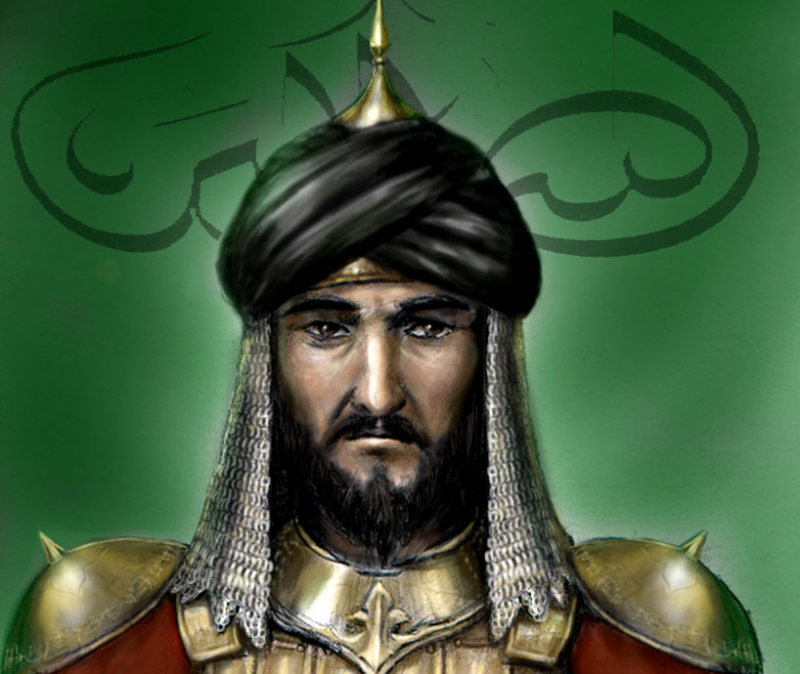
Photo: Factinate - Saladin -
Saladin ordered the foreigners to return to their respective countries in peace after defeating the crusaders in Jerusalem, but he had another plan for the numerous locals who had been imprisoned under his rule.
Anyone who desired freedom may purchase it for a small sum of money in gold coins. One penny was required for a child's freedom, five for a woman, and ten for a man. The only choices available to those unable to pay for their liberation were to be kept in captivity indefinitely or to be sold into slavery.
Saladin may be remembered as history's greatest military leader, but his gallantry and kindness as a person far outweigh all of his other achievements. Never in history has a conqueror's people shown such admiration for him. Saladin's teachings and conduct had such a lasting influence that not just Muslims but also Christians and Jews now hold him in high regard. The strategies he employed to vanquish his opponents show that he preferred religious study to warfare, and it may have been his unique combat techniques that allowed him to conquer so many people.
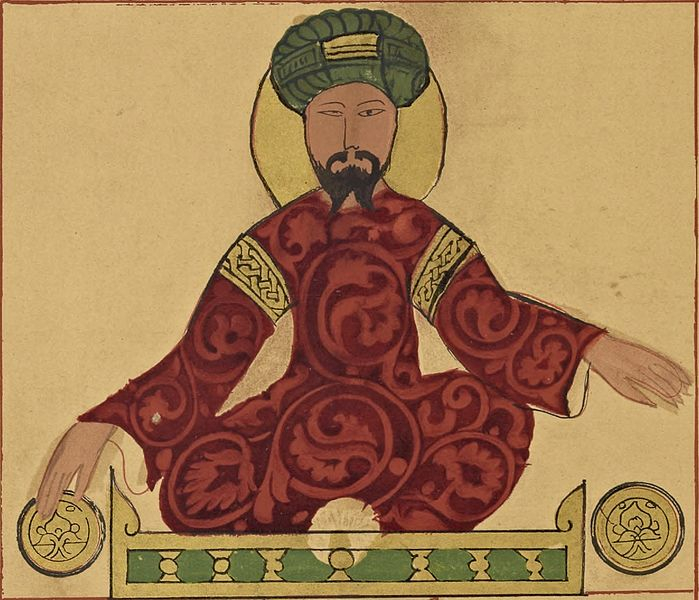
Photo: Yoursay.id - Saladin 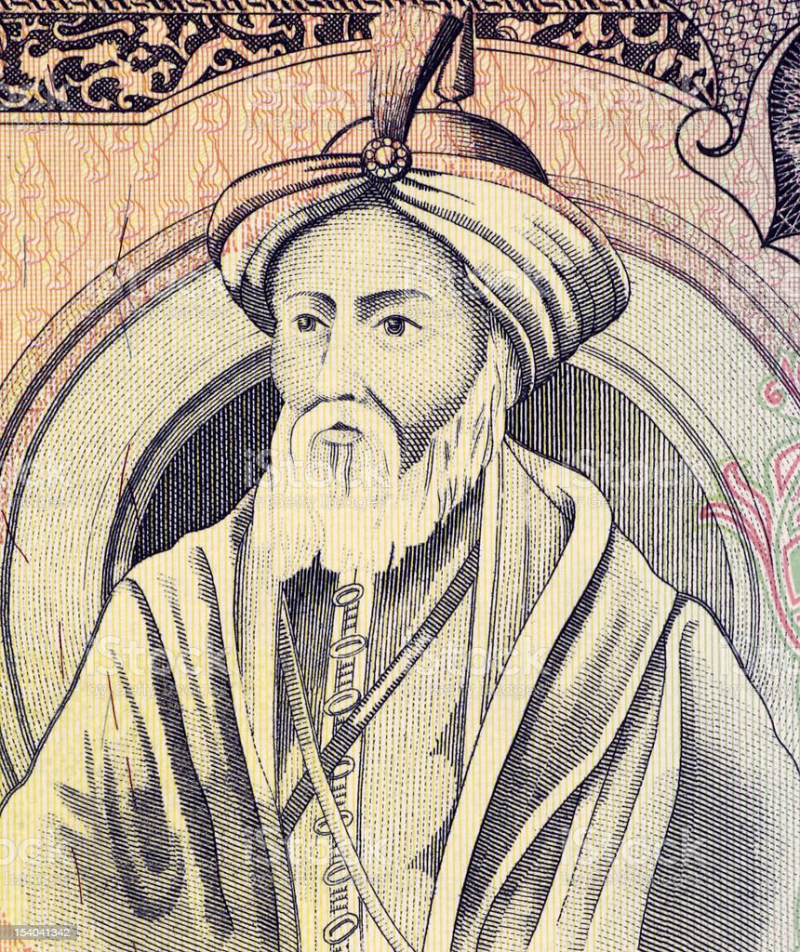
Photo: Kickstarter - Saladin -
Early in the summer of 1174, Nur ad-Din was assembling an army and reportedly preparing an assault on Saladin's Egypt by sending summonses to Mosul, Diyar Bakr, and the Jazira. Upon learning of these preparations, the Ayyubids convened a council to assess the potential threat, and Saladin gathered his own forces outside of Cairo. After becoming unwell the previous week, Nur ad-Din passed away on May 15 and as-Salih Ismail al-Malik, his eleven-year-old son, took over as-Salih Ismail al-leadership. Malik's Saladin gained political independence after his death, and in a letter to as-Salih, he made a vow to "act as a sword" against his adversaries and described his father's passing as a "earthquake shock."
Saladin was threatened while he was quietly ruling in the year 1175. This was an Ismaili division known as "the Assassins," under the command of Rashid ad-Din Sinan. Saladin became convinced that a murderous conspiracy was being carried out as a result of a number of occurrences.
While he was sleeping in his tent, a poisoned knife was discovered nearby. On another occasion, two assassins dressed as soldiers stabbed him with a dagger, leaving him with serious injuries. Saladin's soldiers discovered the assassins' headquarters and threatened to destroy their fort in order to put an end to these threats. An agreement for peace was suggested once the warning was taken seriously. Saladin and Sinan signed the pact, establishing cordial ties between the two.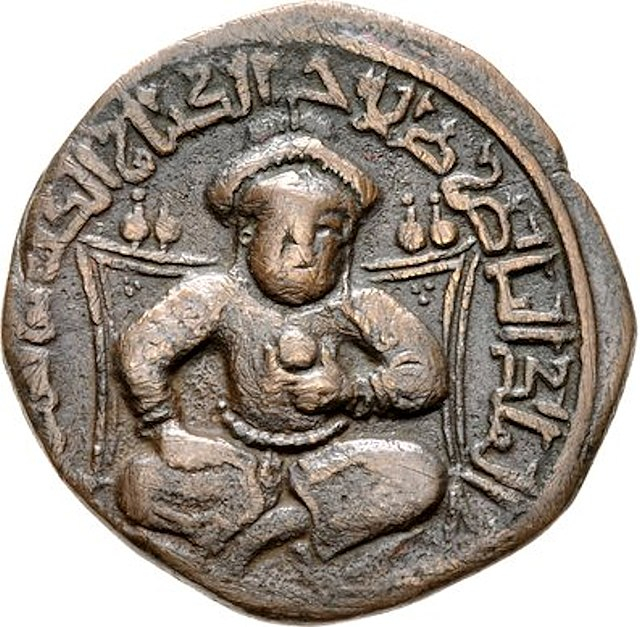
Photo: Wikipedia - Saladin 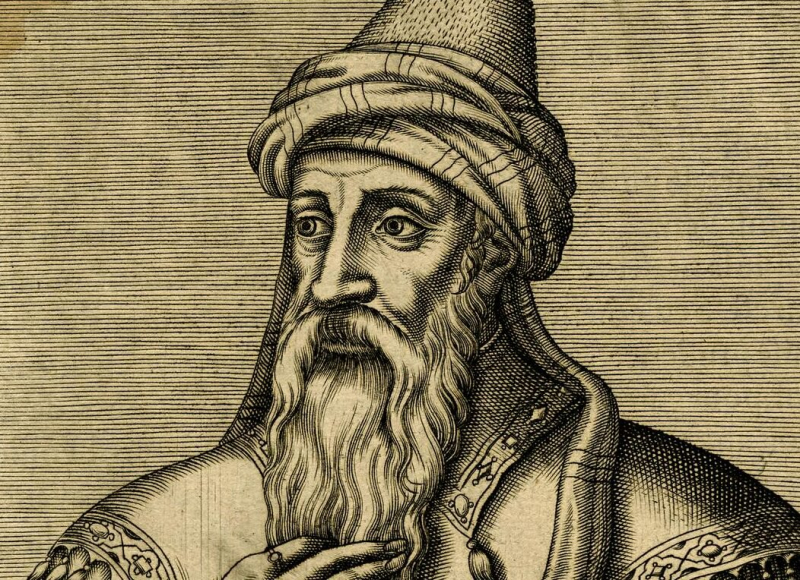
Photo: Medievalists.net - Saladin -
One of the interesting facts about Saladin you may not know, Saladin was just 14 when he started training for his military career. Saladin's uncle Asad al-Din Shirkuh served as his primary military instructor while serving as Nur ad-Din, the Zengid emir of Damascus and Aleppo. Asad al-Din was Saladin's most important tutor. Shawar, the vizier to the Fatimid caliph al-Add, was expelled from Egypt in 1163 by Dirgham, a rival from the renown Banu Ruzzaik tribe. Nur ad-Din granted his request for military support and, in 1164, dispatched Shirkuh to assist Shawar in his campaign against Dirgham. At the age of 26, Saladin accompanied them.
Saladin was instructed by and shaped by Shirkuh into the capable officer he later became. Shirkuh fought beside Saladin in each engagement. He also assisted him in winning the Battle of al-Babein, which is regarded as one of history's most notable conflicts. He helped Shirkuh depose Shawar in Egypt, which later resulted in Egypt's defeat and the conquest of the Egyptian monarchy.
Shirkuh passed away a year later, making Saladin the concurrent military leader and Egyptian emperor.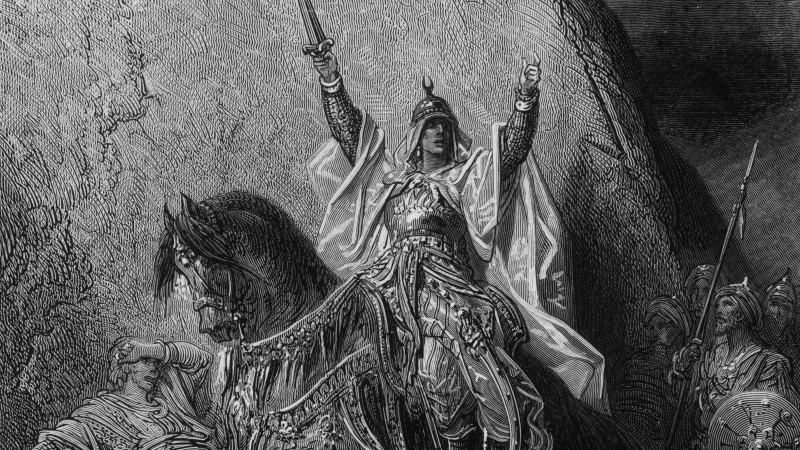
Photo: ThoughtCo - Saladin 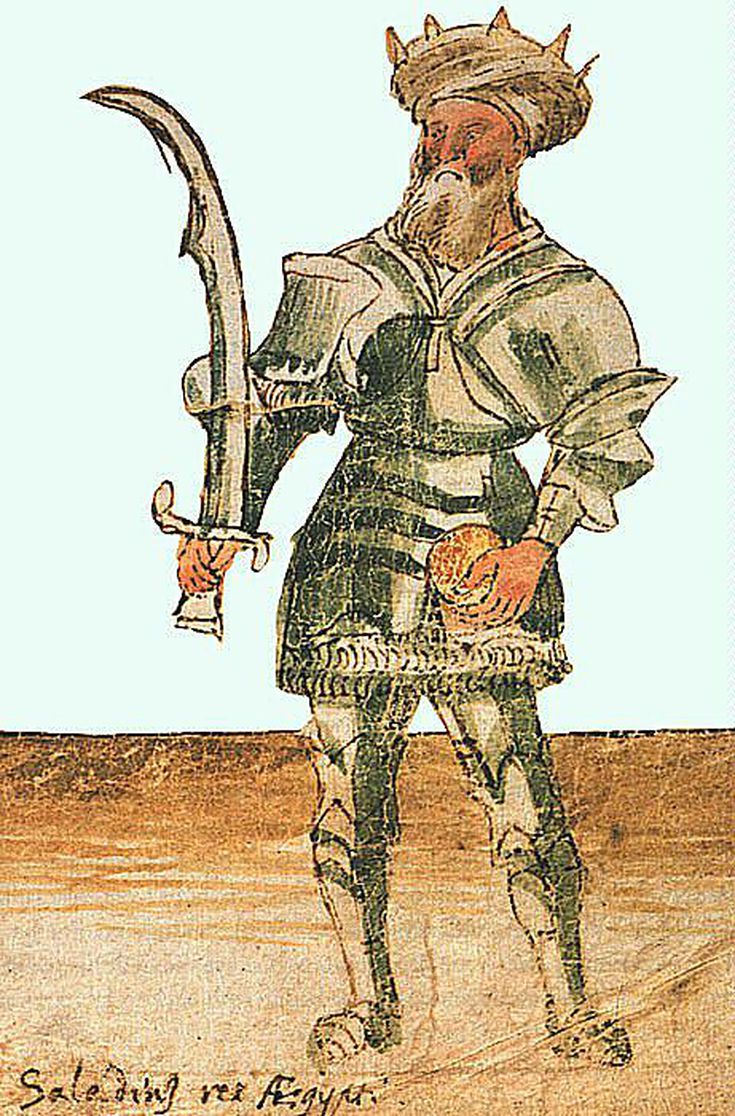
Photo: ThoughtCo - Saladin










